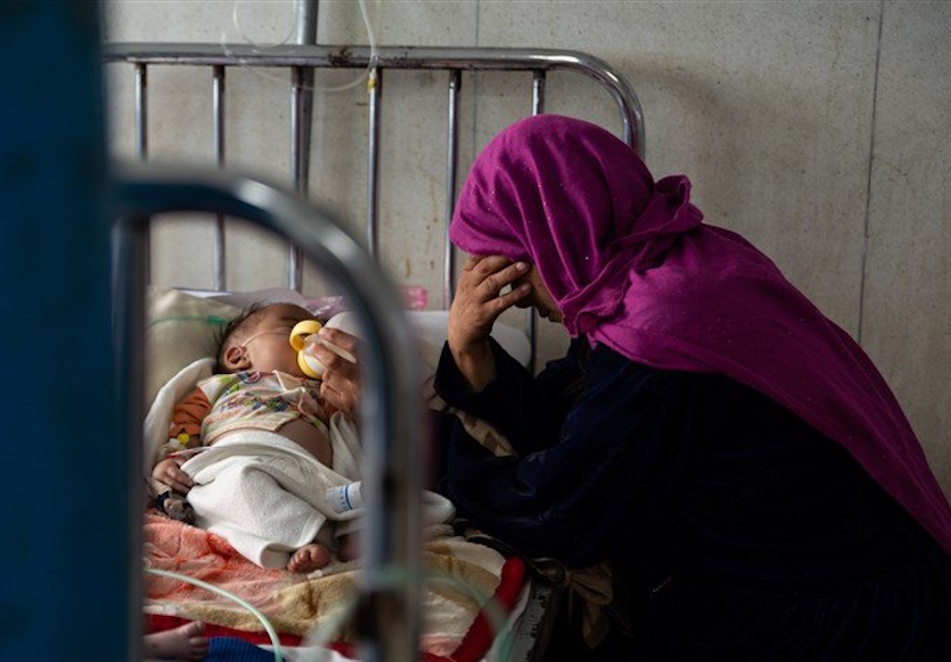Copyright virginislandsdailynews

The Committee on Health, Hospitals and Human Services advanced legislation Tuesday that expands the territory’s Caregivers Leave Act to give government employees protected time off to care for seriously ill family members and dependent adults. Bill No. 36-0086, sponsored by Sen. Novelle E. Francis Jr., would amend Virgin Islands Code to clarify who qualifies as a caregiver and to extend caregiver leave to employees across the government including autonomous and semiautonomous agencies. The measure also strengthens caregiver definitions to reflect the realities of modern family care and workplace needs. Francis told the committee the measure updated a law his colleagues and he originally brought forward nearly a decade ago. He said caregivers are everywhere in the territory, colleagues, neighbors, family members, and he has observed the burden many workers carry while holding full-time jobs. “Some of our colleagues and co-workers are caregivers themselves, taking care of their parents, children, or dependent adults with special needs,” he said. “The reality is at some point each of us will become a caregiver. Caregiving is a full-time job that you do in addition to your full-time job.” Cindy Richardson, director of the Division of Personnel, said her office fully supports the bill and that the amendment aligned authority and scope with the division’s statutory responsibilities. Richardson told the committee the division had already begun drafting rules and regulations and preparing guidance for government employees on existing caregiver leave under Title 3. “The Division of Personnel stands ready to provide any technical assistance needed to support the implementation and rollout of this important initiative,” she said. Troy Schuster, AARP state director, called the amendment both compassionate and practical. ”Caregiving is not simply a personal obligation. It is a community responsibility that embodies our saying ‘one one fill a basket when we all work together,” he said. He noted the territory’s aging population, approximately 1 in 4 residents are over 60, and the national data showing family caregivers deliver unpaid labor worth hundreds of billions of dollars annually, yet only about 27% of these workers have access to paid family leave. He also recommended safeguards such as reasonable timeframes for proof of caregiving and defining the benefit as nonaccrual, meaning it cannot be accumulated, to reduce abuse. Tracy Stewart Sanders, president of Continuum Care Home Health LLC, described caregiving as a 24/7 responsibility that often requires no formal training yet relies on family members to perform complex tasks, from medication management to using medical equipment. She said family caregivers frequently need to accompany patients to medical appointments to receive critical information and education from providers, and paid leave would allow time for just that. Sanders urged the committee to consider verification and funding mechanisms while acknowledging the acute shortage of trained, reliable caregivers in the territory. Committee members strongly supported the bill but used the hearing to raise implementation questions that will be addressed in Rules. Several senators said four hours a month, the leave amount provided in the proposed amendment, was only a start. Sen. Hubert Frederick and others described situations in which a single medical visit or caregiving episode required far more time. Sen. Marvin Blyden said the leave would provide needed relief to stressed caregivers and acknowledged limits in the local care system that make family care essential. Many senators spoke on their personal experiences caring for their parents or loved ones. Sen. Ray Fonseca, who chairs the committee, said that he took care of his mother when she had dementia, highl0ighting how challenging it was at times. Concerns centered on verification and potential abuse. Multiple senators asked how the government would confirm who qualified as a primary caregiver and how agencies would prevent fraudulent claims. Richardson said the division planned to work with agencies to define documentation requirements, noting that in cases where a caregiver is not an immediate family member a power of attorney or written family designation might be required. She also said they would develop guidance alongside the rules and regulations to answer questions such as how multiple family members who are government employees would coordinate leave. Senators suggested public-private partnerships to expand assisted living and rehabilitation services, and asked whether the territory tracked the number of government employees who currently serve as caregivers. Richardson said no centralized data existed but said the division could begin tracking usage once the program was implemented. Sanders also explained Continuum Care’s personal care attendant program, the screening and training required of attendants, and the difficulty providers faced recruiting qualified staff. Lawmakers agreed the bill was a step toward protecting workers who care for elderly relatives, dependent adults and children with special needs, yet additional policy work, training and funding would still be necessary to make caregiving sustainable in the territory. An amendment was proposed to consolidate and clarify caregiver definitions based on recommendations from the Division of Personnel. The committee voted unanimously to forward Bill No. 36-0086, as amended, to the Committee on Rules and Judiciary for further consideration. The committee also received updates from the boards of medical and dental examiners, which outlined challenges with vacancies, limited resources and the need for modernization across the territory’s licensing system.



